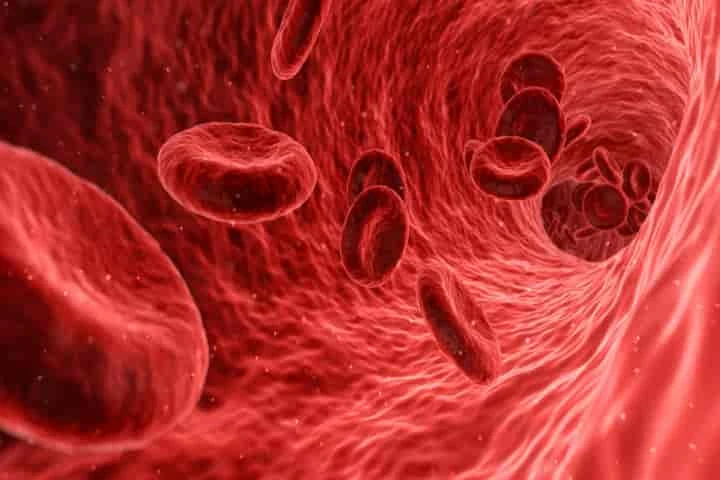

The gene therapy developed by researchers from University College London treats severe and moderately severe cases of haemophilia B (Pic. Courtesy IANS)
<p>
A team of researchers, led by those of Indian-origin, has in a breakthrough developed a single gene therapy injection that could dramatically reduce the bleeding risk faced by people with haemophilia B.</p>
<p>
Haemophilia B is a rare and inherited genetic bleeding disorder caused by low levels of the factor IX (FIX) protein, needed for forming blood clots that help prevent or stop bleeding.</p>
<p>
The gene responsible for making FIX protein is located on the X chromosome, so the severe form of haemophilia B is much more common in men.</p>
<p>
Currently, patients with haemophilia B need to inject themselves regularly — usually weekly — with recombinant FIX, that is, regular replacement therapy to prevent excessive bleeding. Despite advances in treatment, patients may continue to see debilitating joint damage.</p>
<p>
But the new type of adeno-associated virus (AAV) gene therapy candidate called FLT180a, developed by researchers from University College London treats severe and moderately severe cases of the condition.</p>
<p>
The study, published in the New England Journal of Medicine, showed that one-time treatment with FLT180a led to sustained production of FIX protein from the liver in nine of 10 patients across four different dose levels, removing the need for regular replacement therapy.</p>
<p>
&quot;Removing the need for haemophilia patients to regularly inject themselves with the missing protein is an important step in improving their quality of life,&quot; said lead author Professor Pratima Chowdary, Royal Free Hospital at UCL Cancer Institute.</p>
<p>
AAV gene therapy works by using a packaging from the proteins found in the outer coat of the virus, to deliver a functional copy of a gene directly to patient tissues to compensate for one that is not working properly.</p>
<p>
Newly synthesised proteins are released into the blood and a one-time infusion can achieve long-lasting effects.</p>
<p>
Patients needed to take immunosuppressive drugs over several weeks to several months to prevent their immune systems from rejecting the therapy.</p>
<p>
While the treatment was generally well tolerated, all patients experienced some form of adverse events, with an abnormal blood clot in one who received the highest FLT180a dose and had the highest levels of FIX protein.</p>
<p>
In nine out of the 10 patients, the treatment led to a sustained increase in FIX protein production, which led to a decrease in excessive bleeding. They also no longer required weekly injections of FIX protein.</p>
<p>
After 26 weeks, five patients had normal levels of FIX protein, three had low but increased levels, and one patient treated at the highest dose had an abnormally high level.</p>
The Indian Chamber of Commerce (ICC) on Thursday hosted the 14th India Minerals and Metals…
Prime Minister Narendra Modi departed from Ghana's capital city of Accra after concluding the first…
India and Australia have undertaken the first science and technology project arrangement to improve the…
The eighth edition of India-France Joint Military Exercise Shakti-VIII concluded on Thursday at Camp Larzac,…
As Prime Minister Narendra Modi has been conferred the national honour of Ghana, Officer of…
External Affairs Minister S Jaishankar held a meeting with FBI Director Kash Patel in Washington…